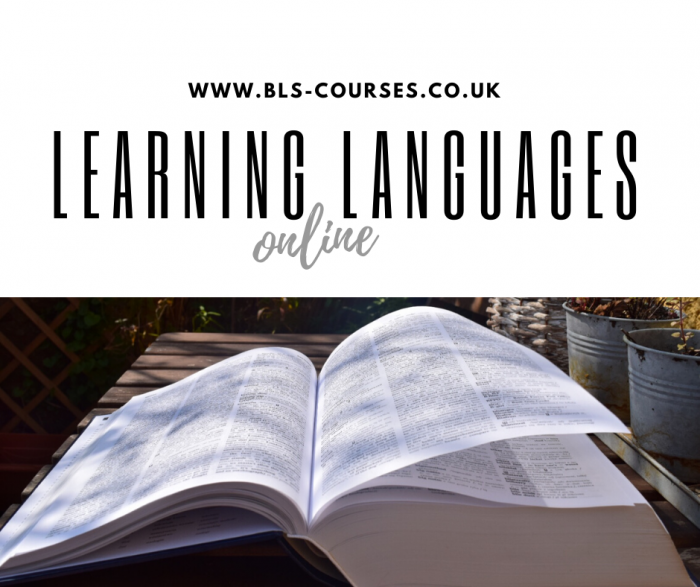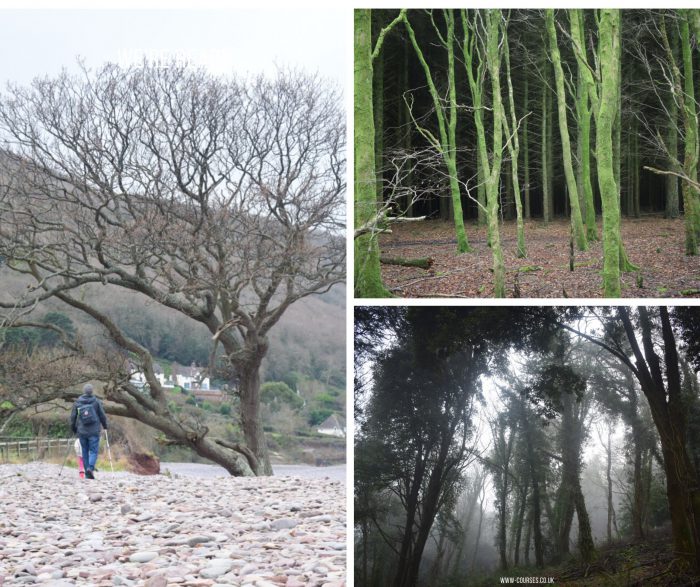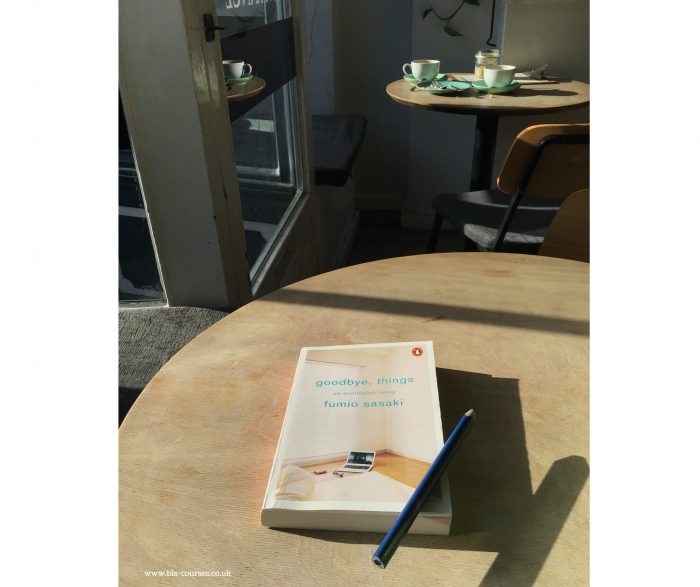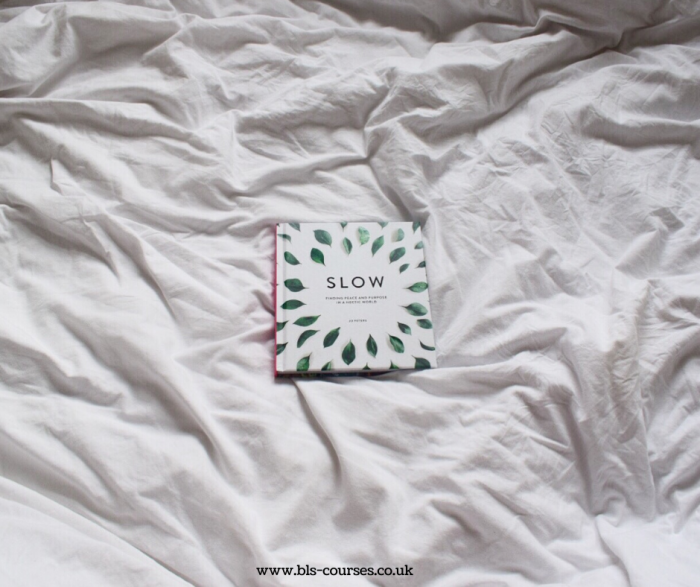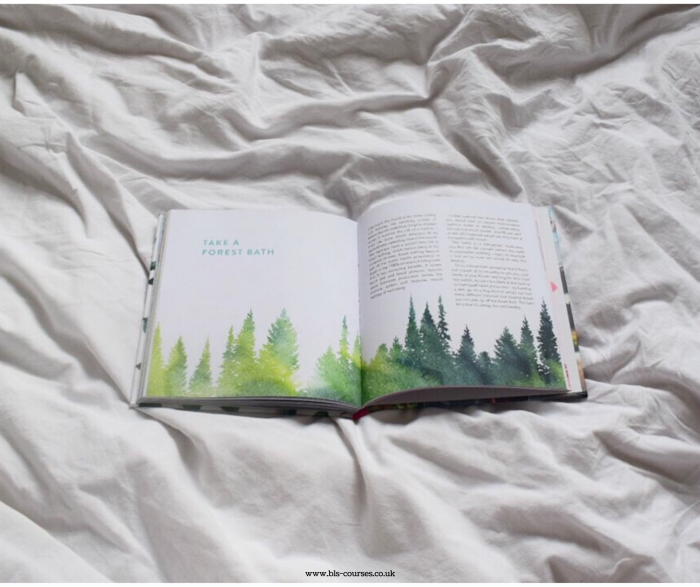Today, I’d like to see if we can improve our language skills via YouTube channels. I hope to inspire you to use some free resources that are available online. I’ll first focus on the languages that I’m familiar with (Polish, Czech, French and Russian) or plan to learn (Portuguese). Yes, I’m giving myself a new language challenge for the coming 8-12 months: to learn some basic Portuguese. I’ll write a new blog post on my progress soon! Today, I’ll focus on YouTube channels and will provide one or two online resources per language to inspire you to practise your language skills more:
Czech: Basic greetings & Americans speaking Czech
Polish: A smiling intro to Polish greetings and Japanese uni students learning & speaking Polish
French: To listen and learn more street French
Portuguese: Students tend to have a preference whether they wish to study European Portuguese (that one that’s spoken in Portugal) or Brazilian Portuguese (spoken in Brazil).
European Portuguese: Basic Portuguese from the Portuguese
Brazilian Portuguese: To start from scratch & for the joy of listening to the melodic Brazilian Portuguese
Russian: A short & fun intro to basic Russian
These are my findings. What YT channels / podcasts / online resources do you use to improve your language skills in Polish, Czech, French, Portuguese or Russian? Let me know in the comments below.
Kinga Macalla
